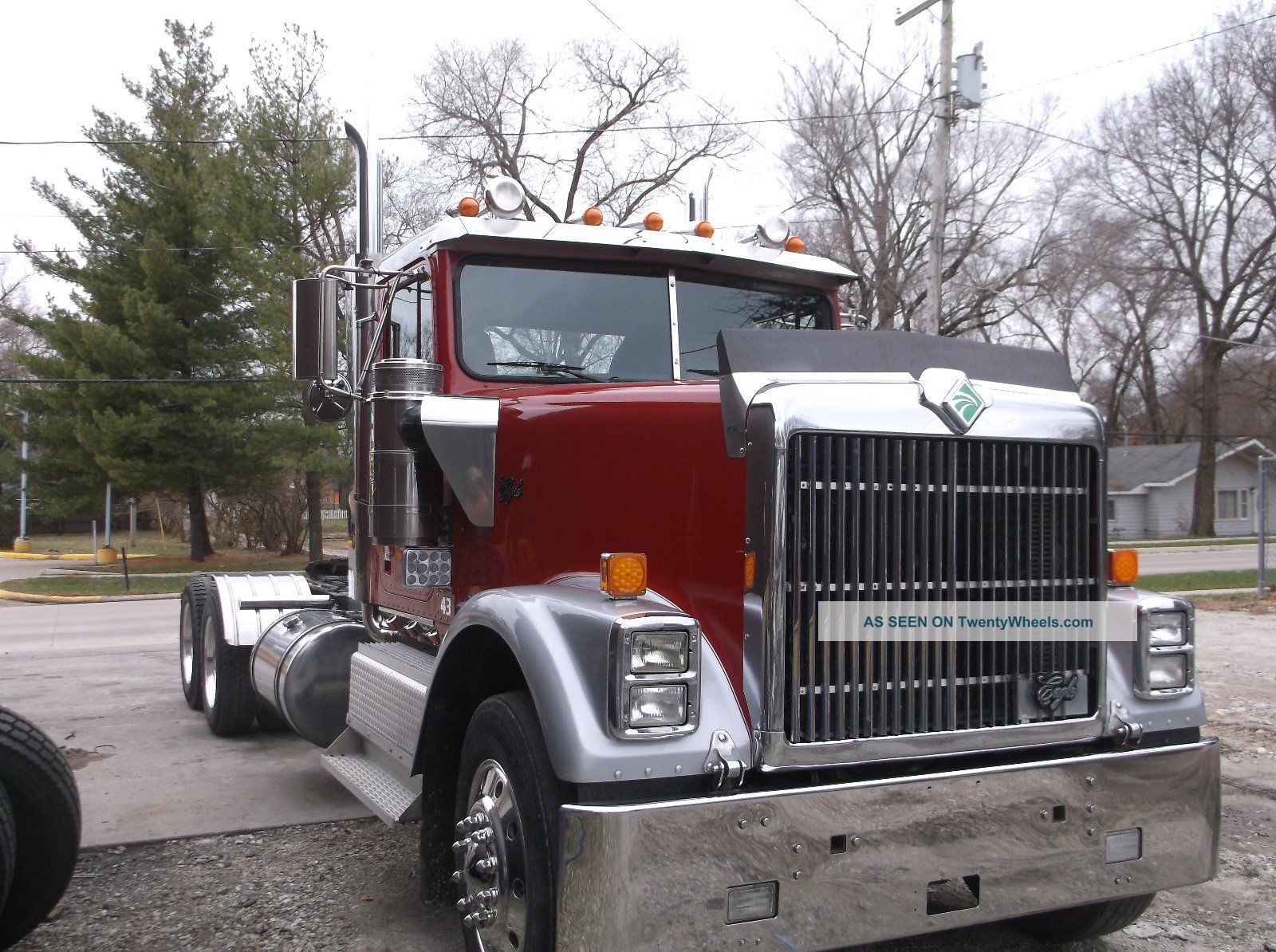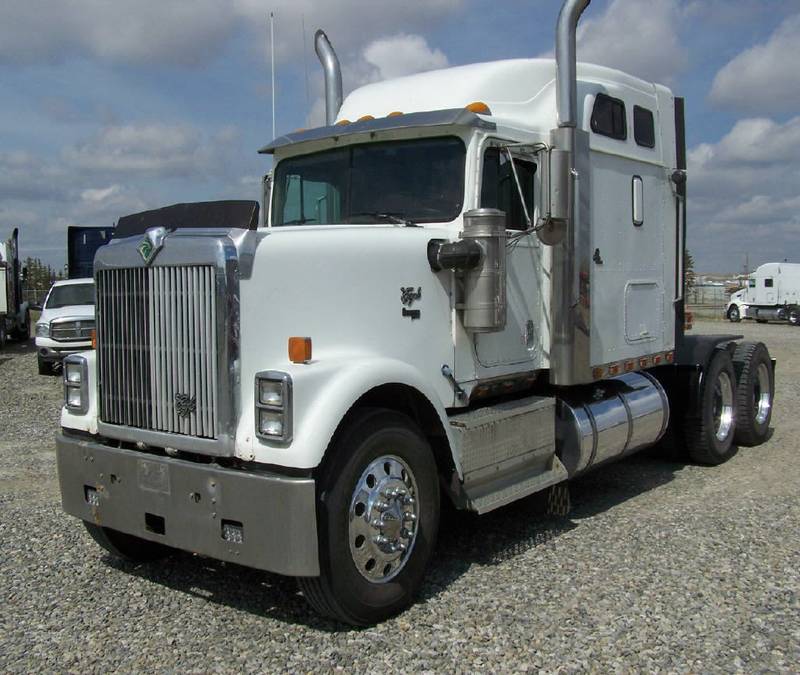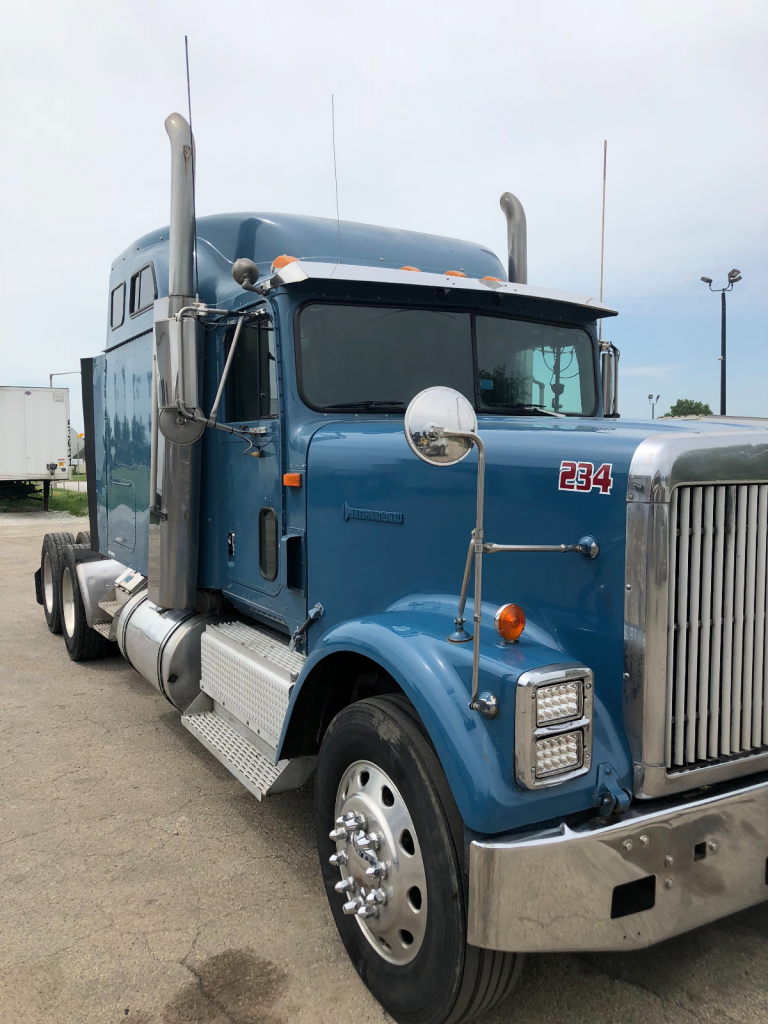International 9300 For Sale – In a world that often prioritizes convenience
The notion of a business for sale is one that captures the imagination of many. We are all participants in a vast, interconnected economy, one that doesn’t just involve physical goods but extends to ideas, relationships, and even identities. Quality goods transcend trends and fleeting fads. The durability and longevity of these products mean they don’t need to be replaced as frequently, reducing the need for constant purchases and ultimately saving money in the process. For some, it’s a matter of balancing budgetary constraints with their desire for quality. For sellers, this creates an opportunity to declutter their homes and make some extra money, while buyers have access to a vast marketplace of affordable, unique, and sustainable products. Another aspect that contributes to the appeal of quality goods for sale is the level of detail and attention given to the design. In some cases, buyers may also acquire businesses with existing intellectual property, such as patents, trademarks, or proprietary technologies, which can offer a competitive edge in the market. It forces us to ask difficult questions about ownership, worth, and the limits of human desire. The promise of success in a marketplace driven by capitalism can be an illusion for those who don’t have the resources or opportunities to compete on equal footing. In some cases, it’s not just objects that are for sale, but entire industries or institutions. Used bookstores, both physical and online, offer an extensive selection of pre-owned books, from contemporary novels to classic literature. In the world of quality goods for sale, there is also an inherent sense of value in the stories behind them. As society has evolved, the scale of production has expanded, and many quality goods are now mass-produced or distributed through large retail chains. Books, records, and collectibles are also highly sought after in the second-hand market. When people buy second-hand items, they are extending the life cycle of those goods, which means fewer products end up in the trash. In a world dominated by fast fashion, disposable electronics, and mass-produced items, many people are beginning to question the value of constantly purchasing new products. It’s about change, opportunity, and the negotiation of value. With just a few clicks, consumers can browse through thousands of listings for second-hand items from all over the world. For those considering buying a business, the appeal often lies in the opportunity to take over an existing operation and build upon its foundation.

1998 International 9300
Great deals and pricesspec'd for successextended warranty optionsfinancing available

1997 INTERNATIONAL 9300 For Sale In Finger, Tennessee
Great deals and pricesspec'd for successextended warranty optionsfinancing available

1999 International 9300 (For Sale) Heavt spec Highway tractor 070644
Great deals and pricesspec'd for successextended warranty optionsfinancing available

1988 INTERNATIONAL 9300 For Sale In Fruitland, Idaho
Great deals and pricesspec'd for successextended warranty optionsfinancing available

1988 INTERNATIONAL 9300 For Sale In Fruitland, Idaho
Great deals and pricesspec'd for successextended warranty optionsfinancing available

screamin Detroit 1997 International 9300 Eagle truck for sale
Great deals and pricesspec'd for successextended warranty optionsfinancing available

International 9300 For Sale Used Trucks On Buysellsearch
Great deals and pricesspec'd for successextended warranty optionsfinancing available

1996 INTERNATIONAL 9300 For Sale In Cleveland, Ohio
Great deals and pricesspec'd for successextended warranty optionsfinancing available

1995 INTERNATIONAL 9300 For Sale In Rantoul, Illinois
Great deals and pricesspec'd for successextended warranty optionsfinancing available

1990 INTERNATIONAL 9300 For Sale In Chatham, Virginia www
Great deals and pricesspec'd for successextended warranty optionsfinancing available
Historically, many products were made by local craftsmen, and there was a direct relationship between the creator and the consumer. Once a suitable business has been identified, the buyer usually begins the due diligence process, which involves reviewing all relevant documents, financial records, and contracts. People can be bought and sold in the form of labor, for example, and loyalty can be traded for material gain. Cars, too, are often sold with a sense of transition. The rise of minimalism and a desire for unique, vintage items has also played a role in the growing popularity of second-hand goods. Online marketplaces have opened up opportunities for people to buy and sell goods from the comfort of their own homes. Moreover, buying second-hand items allows consumers to access unique and vintage products that may no longer be available in stores, offering a sense of individuality that is often missing from mass-produced, new items. Whether through local thrift stores, online marketplaces, or garage sales, the option to buy pre-owned items has created a flourishing market that continues to grow. The environmental benefits of buying second-hand goods go beyond just reducing the need for new production. For book lovers, buying second-hand books is an affordable way to build a library, and it can also be an opportunity to find rare or out-of-print titles that are no longer available in stores. People are not just looking for things that work well; they want products that elevate their environment and their experiences. The role of business brokers and intermediaries has become increasingly important in today’s business-for-sale market. Relationships can become transactional, where each party enters into an agreement based on what they stand to gain. The decision to sell an heirloom piece of furniture, for example, can be emotionally complex, as it involves a shift in one’s connection to the past. In conclusion, second-hand goods for sale represent more than just a financial transaction; they embody a shift toward sustainability, individuality, and social responsibility. What will come next? What new opportunities will arise from this decision? When an item is placed “for sale,” it’s not just the object that’s changing hands; it’s often a reflection of the personal changes happening within the seller. For the buyer, there is the risk of inheriting a business with hidden problems or liabilities that were not disclosed during the due diligence process. Are there things that should be kept beyond the realm of trade? Or has the marketplace — with its insatiable demand and promise of exchange — seeped into every facet of our being?
If everything is for sale, then the concept of value itself becomes fluid, subjective, and often manipulated. The durability and longevity of these products mean they don’t need to be replaced as frequently, reducing the need for constant purchases and ultimately saving money in the process. Those who are born into privilege have the means to buy their way to the top, while others are left behind, forced to sell their time, energy, and even their dignity in order to survive.
In addition to individual sales, online marketplaces often feature businesses and professional sellers who specialize in second-hand goods, providing buyers with a curated selection of high-quality items. In some cases, buyers may also acquire businesses with existing intellectual property, such as patents, trademarks, or proprietary technologies, which can offer a competitive edge in the market. Due diligence is a crucial part of the process, where the buyer investigates the business thoroughly to ensure that there are no hidden liabilities, potential risks, or operational inefficiencies. The concept of quality, however, is not a one-size-fits-all. When everything becomes a transaction, we risk losing sight of what truly matters. In a world dominated by fast fashion, disposable electronics, and mass-produced items, many people are beginning to question the value of constantly purchasing new products. Just as with material possessions, when a person is “for sale,” they put their value on display for others to assess. In the end, the real challenge is to navigate this world — to understand the forces of commerce that shape our lives, while holding onto those things that remain beyond the reach of money. These platforms provide a convenient way for sellers to connect with potential buyers, set their prices, and arrange for shipping or pick-up. In the end, the phrase “for sale” is about more than just the exchange of money for goods or services. For sellers, the challenge lies in pricing items fairly and accurately representing their condition. The most obvious benefit is the cost savings. Acquiring an established business can provide a head start in terms of customer relationships, operational systems, and brand recognition. The online second-hand market has also made it possible for people to buy and sell niche items that may not be available in local stores. Whether through thrift stores, flea markets, online platforms, or garage sales, second-hand goods provide consumers with an opportunity to find items they might not otherwise be able to afford, while also contributing to a circular economy where products are reused and repurposed. It forces us to ask difficult questions about ownership, worth, and the limits of human desire. Whether it’s funding education, supporting homelessness services, or providing medical assistance, the money spent in second-hand shops can contribute to making a difference in the lives of others. For those who enjoy the tactile experience of shopping and the sense of discovery that comes with it, thrift stores offer a personal and immersive way to shop for second-hand items. With just a few clicks, consumers can browse through thousands of listings for second-hand items from all over the world. The concept of “for sale” stretches beyond physical items.